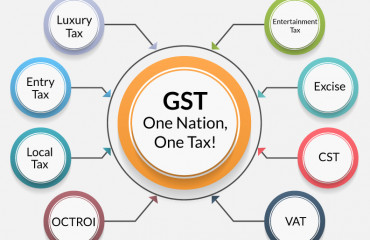E-commerce firms will be liable to pay GST on any restaurant service supplied through them including by an unregistered person. The idea is to improve tax compliance
NEW DELHI: E-commerce firms rendering restaurant services will have to meet goods and services tax (GST) liability on such services entirely by cash and cannot settle it against any tax credit available to them from their operations, the Central Board of Indirect Taxes and Customs (CBIC) said in a circular.
"E-commerce operators shall pay the entire GST liability in cash (no input tax credit could be utilised for payment of GST on restaurant service supplied through e-commerce operators)," CBIC said.
The circular brings clarity to entities such as Zomato engaged in online restaurant services.
In September, federal indirect tax body, GST Council, decided to make e-commerce companies in transport and food delivery sectors liable to collect taxes on behalf of drivers and eateries. Shifting the onus of tax collection from restaurants to e-commerce platforms was adopted to improve compliance.
"Among various points, one of the point is that e-commerce operators cannot utilise the input tax credit available in its credit pool for discharging the GST liability on restaurant services. Therefore, such liability would be required to be paid in cash. However, the GST law does not restrict the supplier (including e-commerce operators) to utilise the input tax credit which is otherwise available with the supplier (say from other business line) against such output tax liability," explained Sunil Kumar, deputy general Manager at Taxmann, a publisher of law books.
CBIC also clarified that e-commerce operators will be liable to pay GST on any restaurant service supplied through them including by an unregistered person. The idea is to improve tax compliance. When a small food joint sells food through an online delivery platform, the latter is liable to collect the tax from the consumer and pay to the government.

